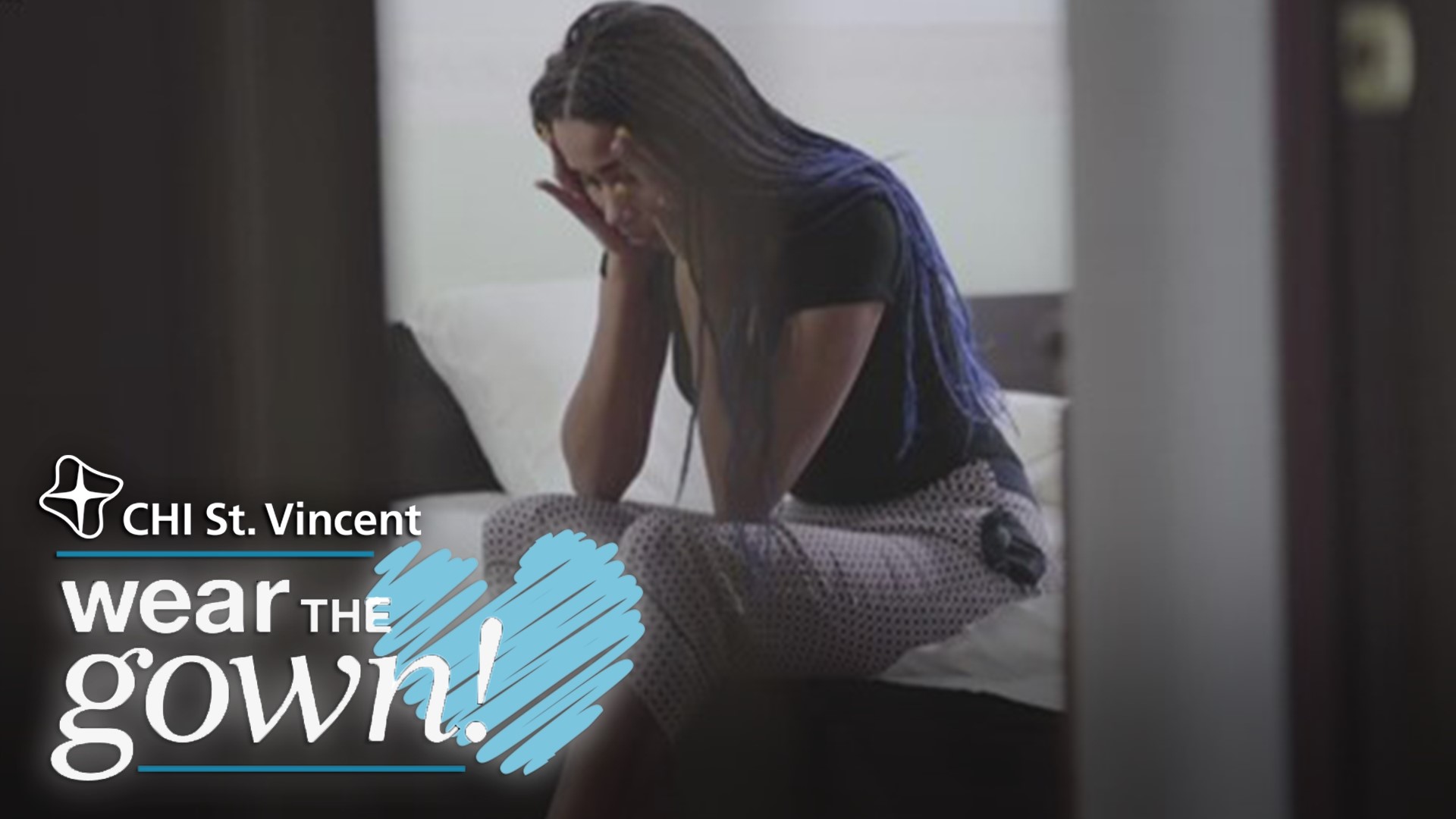LITTLE ROCK, Ark. — Holiday colors are usually red and green, but more and more of us are still left feeling 'blue.'
This time a year does a number on our moods, and it can be a dangerous time for people with depression or addiction.
The good news? These are medical things that can be treated.
“A lot of it is the time change the nights get, you know, you're going to bed, you're leaving work and it's dark outside, you're getting up in the morning, it's dark outside, there's a thing called seasonal affective disorder,” Dori Haddock said, “and that's a very real thing.”
A paradox: Our most festive holidays come at the darkest time of the year on the calendar. Another paradox: gathering close to the ones we love, brings a lot of us stress.
“And a lot of times, although we enjoy our family and love them, they can be stressful and financial burdens on making sure buddy gets a Christmas gift and the meals, there's several things that kind of contribute to it,” Haddock said.
Like personal trainers at the gym in January, business picks up for clinical social workers like Dori Haddock around now, and she needs to help people shed way more than a few holiday pounds.
“A lot of people think it's just being sad, and depression looks different in every person,” Haddock said. “So, it can be lack of energy. Some people stop eating other people overeat. Irritability is a big one of them. So, it's kind of like a cloak for whatever's going on. Anger is a cloak for your secondary emotion.”
The other big issue Haddock deals with: addiction disorders made worse - but not always by the ways you think.
“People think, oh, well, that person who's struggling with addiction is going to want to party this weekend,” Haddock said. “It's not really about partying at this point. You know, when you get into a full blown addiction, it's not fun anymore.”
So, Haddock has her eyes out for a lot of things, and we need to do the same thing, whether it’s us or the ones close to us.
“90 percent of the time somebody else is going to notice it before you do,” Haddock said. “And so if a family member comes to you and says, I've just or a friend or you just not been yourself, you just really seem like you're down, the best thing to do is go see a mental health provider.”
In other words, metaphorically wear the gown, and get comfy on the couch. And if it's addiction, actually wear the gown and don't fear the treatment they can provide. It's medical. There's no stigma in that.
“We're trying to move away from that stigmatizing it and moving towards let's talk about it and treat it because it's been classified as the actual medical disease,” Haddock said. “And so let's treat it that way.”

